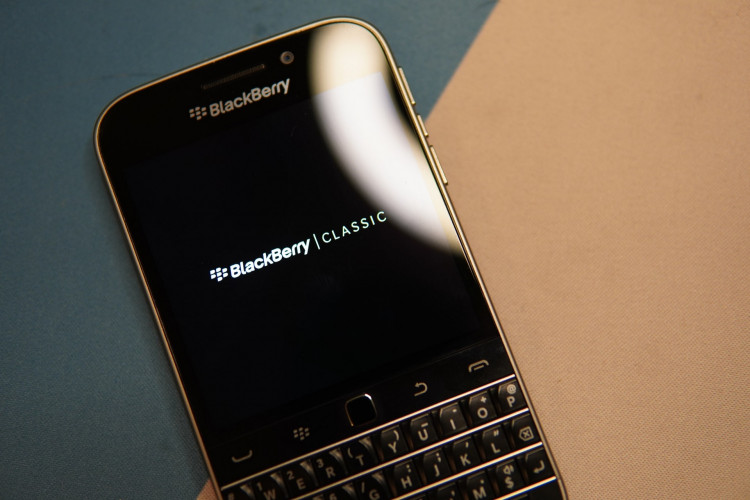BlackBerry will end service on its classic cellphones on Tuesday, marking the end of an era.
The company will end support for its classic devices running BlackBerry 10, 7.1 OS, and older on Tuesday, Jan. 4. Those devices that do not run Android software will no longer be able to use data, send text messages, access the internet, or make calls, even 911 calls, as a result of this.
In addition, while most mobile users have moved on from BlackBerry, the company's most recent OS release from 2013 is now no longer supported, signaling the end of what was once considered cutting-edge technology.
The company began in 1996 as Research In Motion, producing two-way pagers. Its first device, the "Inter@ctive Pager," allowed users to answer to pages using a physical keyboard, creating a sort of text messaging/email hybrid. RIM debuted the BlackBerry name three years later with the BlackBerry 850.
At its peak in 2009 and 2010, BlackBerry owned about 20% of the worldwide smartphone market - with an even larger percentage in the U.S. - selling more than 50 million smartphones a year.
Thanks in part to its excellent security reputation, the devices became a status symbol and staple for people on Wall Street, celebrities like Kim Kardashian, and even President Barack Obama. BlackBerry has over 80 million active users at its peak in 2012.
The phone, however, gradually went out of style with the rise of the iPhone and Android touchscreen handsets. BlackBerry's moment in the sun appears to have passed, unless it justifies a reset like the T-Mobile Sidekick or Motorola Razr.
When the iPhone originally debuted in June 2007, it did not immediately dethrone BlackBerry. Businessmen, in particular, remained loyal to the product due to its exclusive status and user-friendly reputation. BlackBerry's BBM instant messaging technology, which has the same cachet and ease of use as iMessage today, has also remained an user favorite feature.
However, BlackBerry's technology quickly lagged behind, and people began to abandon physical keyboards. BlackBerry launched a series of badly accepted products as the iPhone leveled up and Androids became viable alternatives. After the launching of the iPhone 4, Apple's phone sales passed BlackBerry's for good.
BlackBerry eventually gave up on its own software, embracing Android and adding its security software on top. It achieved modest success in workplace security software and automobile software.
Despite the fact that TCL discontinued developing BlackBerry handsets in 2020, some enthusiasts are waiting for OnwardMobility's BlackBerry 5G device, which was initially scheduled to launch in 2021. Despite the delay, a banner announcing "coming 2021" appears on the company's website.




